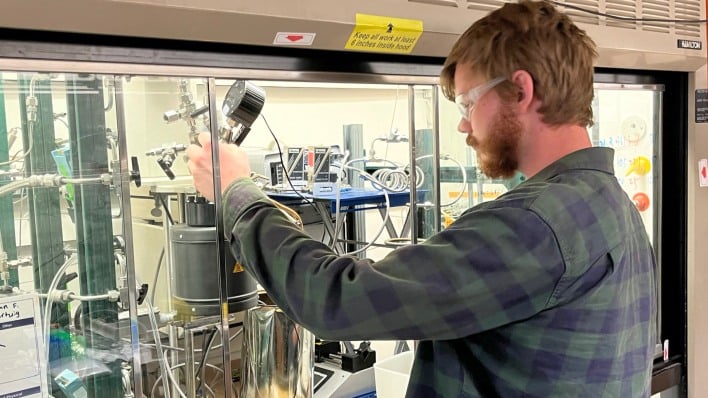Whatever you think about global warming, there are plenty of other serious environmental crises to worry over. One of the most pressing is the problem of what to do with all this plastic. We keep producing a near-endless quantity of plastic for all kinds of purposes, but plastics don’t really degrade naturally, which means we now have endless tons of plastic refuse piling up everywhere.
The obvious solution for this is recycling, but this is more complicated than it seems for a variety of reasons, and not all of them are prickly socioeconomic issues. The simple fact is that we didn’t have a good way to convert the polymers used in most plastic objects back into a re-usable state. There were methods, but they were expensive, resource-intensive, or both, in all cases rendering the process impractical.
Well, a new method, developed at UC Berkeley (in cooperation with experts around the world), may have just finally given us an efficient and practical way to fully re-use complex polymers, opening the door to what is called a “circular economy” for plastics. In other words, we may be able to stop producing so many new plastic materials, using up precious fossil fuels and creating more pollution in the process.

We’re not researchers, but from what we could understand by reading the paper, it seems that the key breakthrough this time around isn’t so much the idea of turning plastic into gases that can then be turned back into workable monomers, but instead the fact that it’s being done using common elements like sodium and tungsten rather than rare materials like ruthenium. Complex “polyolefins”, like polyethylene and polypropylene, can be reverted back to the monomers that were used to make them, allowing them to be turned into new products.
Best of all, the new process allows recycling common plastics without consuming large amounts of energy or producing greenhouse gases. Once the plastics have been turned into gaseous isobutylene and propylene, they can be recaptured and used for new manufacturing. Hopefully the procedure can be safely scaled up and used on a mass scale so that we can deal with the mounting plastics-in-landfills problem.
